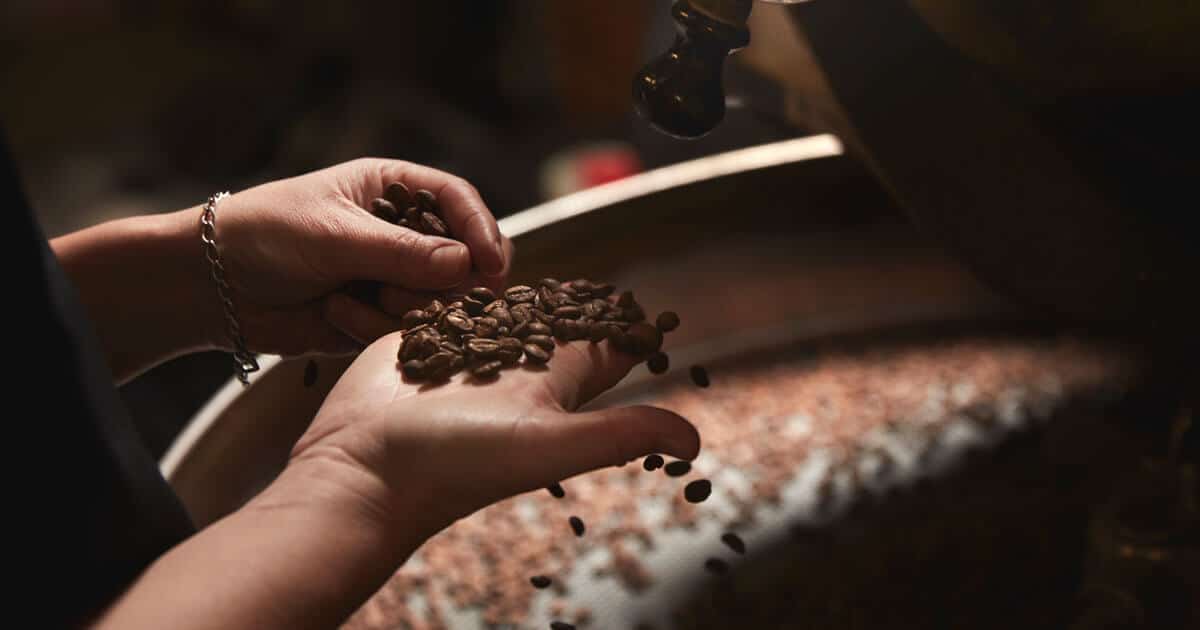The perfect cup of joe doesn’t happen by accident. Coffee connoisseurs will argue over the specifics involved in crafting the most delicious tasting and aromatic coffee, but why does it matter so much?
That question alone would be considered insulting to the billions of die-hard coffee lovers all over the world. People go to great lengths to ensure they have their daily cup of ‘happy’ or else their day just doesn’t seem to get on the right track. Undoubtedly, the science and art of it all play a major role in the big, wide world of coffee.
Here’s a taste of what goes into making fine-quality artisan coffee.
What is Artisan Coffee?
Artisan coffee is a specialty category of coffee that signifies a higher level of quality than ordinary types.
How is it different exactly?
The process involves careful selection of coffee beans, meticulously choosing and grouping the best ones. This is the most important part since bad beans negatively affect the overall quality and flavor of the coffee. Then, mill and dry them, watchfully roasting them afterward until signature flavors are evident and consistent.
What variables are at play?
The science behind artisan coffee lies in controlling the following factors:
- Temperature
- Water chemistry
- Particle size
- Distribution
- Ratio of water and coffee
- Time
- Quality of beans
- Soil where coffee beans grew
- Region of origin
- Freshness of coffee
Hard Water vs. Soft Water
The quality of the water used in the brewing process matters in how the coffee tastes in the end. For example, coffee made with hard water will result in a different flavor since the increased calcium ions and bicarbonate neutralize the flavor in the coffee-making process.
However, soft water, which contains lower levels of these mineral compounds might cause coffee to taste sour due to the highly acidic nature of this combination.
The Variety of Tastes Within Coffee
Coffee-making systems that allow pour-over or flow-through capabilities are complex. They are different from the techniques that use full immersion where timing is controlled. Instead, flow-through methods of coffee makers have different timings based on grind size, controlling the flow of the coffee beans.
Depending on the variables listed above, coffee could result in the following tastes:
- Green/vegetative
- Sour/fermented
- Fruity
- Sweet
- Floral
- Nutty/cocoa
- Spices
- Roasted
- Chemical
- Papery/Musty
An in-depth flavor wheel breaks down the multiple flavors and tastes within the potential for coffee.
Making a satisfying cup of coffee really comes down to the amount of detail you put into each step along the way. Giving close attention to detail is what artisan coffee is all about. You can’t expect the best result if you cut corners along the way. You really have to ensure your coffee is processed with care and attention by selecting the best beans and controlling all the factors discussed above.
Mokas Cafe Serves More Than Just Amazing Coffee
Mokas Cafe is proud to serve you any of our amazing food and drink items. We’ve devoted countless hours to the details of designing a delicious menu, including our top-notch coffee. You can even sign up for our new coffee club subscription and get our artisan roasts delivered on a monthly basis straight to you. We are in the business of making people happy, and what we serve or deliver has a profound way of doing that no matter what the order.
Mokas Cafe was founded in Salina, Kansas over 15 years ago. Since our opening, we strive to create a worthwhile experience for everyone who walks through our doors with friendly customer service and delicious food and brews. We live to serve our community by providing consistent service and it’s why our loyal customers continue to rely on us for quality food and drinks.
Visit our locations page to find the closest location to you!

